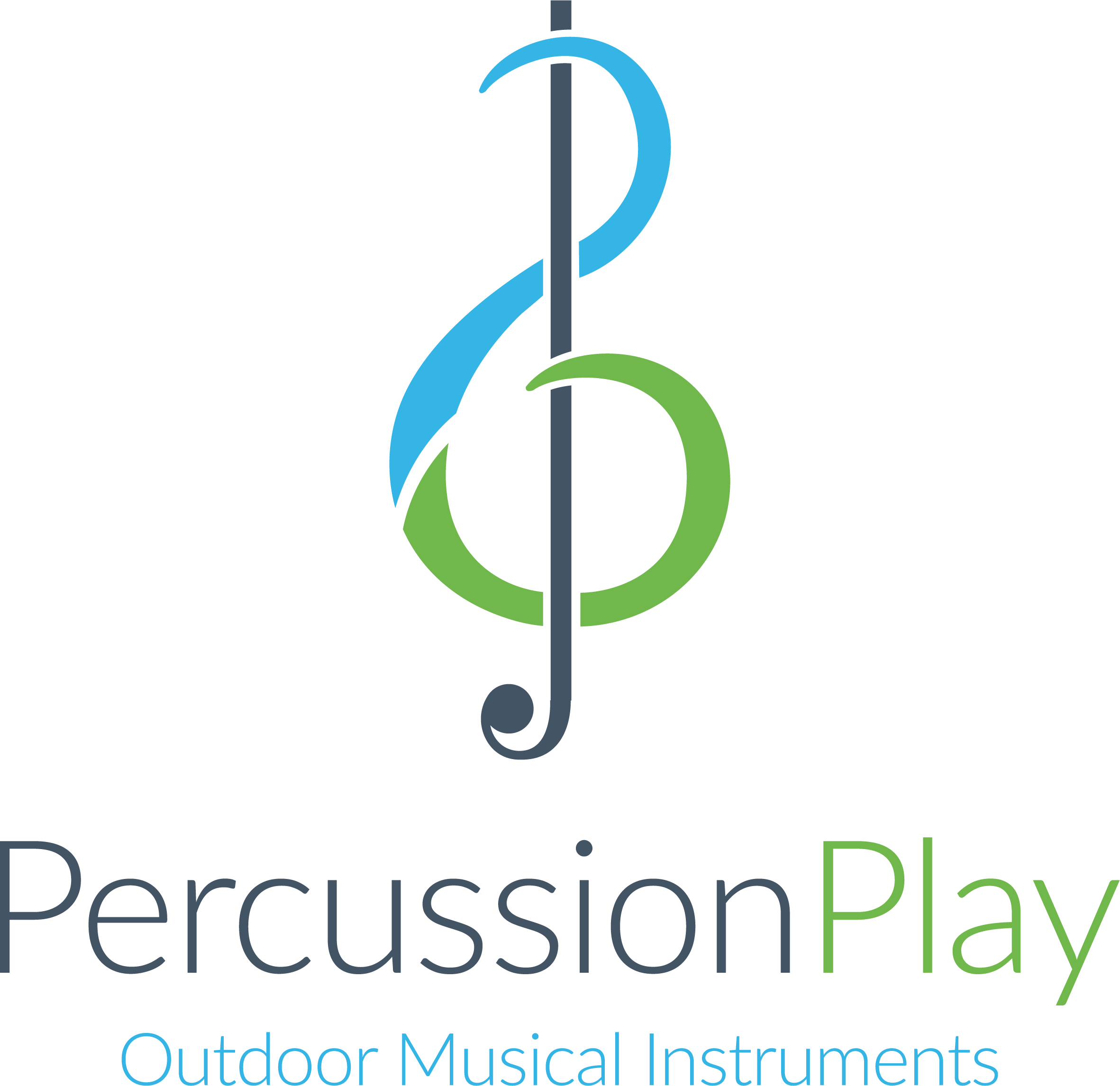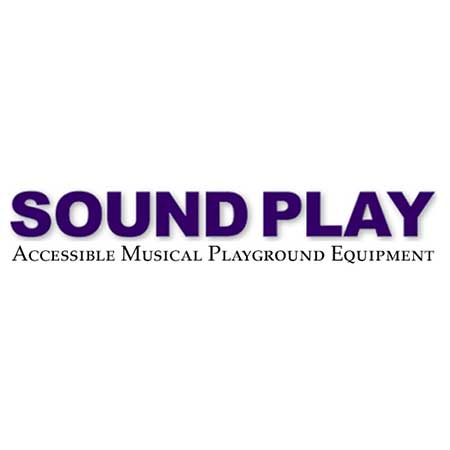Guide to music lessons
Beginning to study music is exciting! Learning to play a musical instrument provides you with skills that are beneficial for a lifetime.
The Basics of Getting Started
Some factors to consider if you are deciding whether and when to begin lessons:
- Which instrument you would like to learn
- Whether you own an instrument or will be renting or buying one
- Cost of your lessons and supplies
- Level of commitment to practicing at home
- Your ability to keep up with a lesson schedule
Questions to ask a new music teacher, before you begin lessons:
- What are the teacher's policies and fees?
- Does the teacher have references available?
- Are your books and supplies included in or separate from lesson costs?
- What expectations does the teacher have for at-home practice?
- How are canceled/rescheduled lessons handled?
- Does the musical instrument require special maintenance?
What to Expect
The Lessons
When you begin studying music, your teacher will set up a schedule of lessons. Often, this will be a once-a-week lesson at the teacher's studio. Sometimes, lessons will be part of a group class, like choir or band practice.
At your lessons, you'll learn new musical concepts and techniques, and you'll get feedback from your teacher about your progress. The teacher will usually write assignments in a lesson book or notebook. Be sure to ask questions during your lessons, so that you and your teacher maintain good communication about what's expected.
Practice Makes Perfect
After working with the teacher at your music lesson, you'll practice musical skills on your own at home. Most music teachers recommend that beginners practice for about half an hour each day. Practicing daily is important because mastering any new skill requires repetition and time.
When you practice at home, write down any questions that come to mind. This way, you'll have a reminder to ask the teacher to explain anything that didn't make sense.
The Cost
Paying for music lessons is essentially hiring an experienced professional to teach you a specialized skill. Most teachers charge a fee per hour or fee per lesson.
The cost of musical training is a big investment, but it's a worthwhile one. The best teachers have spent hours, years, even decades perfecting their craft. And good teachers take their work seriously, encouraging and inspiring students while teaching proper technique and specific skills.
A Few Details
Give yourself lots of time to develop familiarity with the variety of musical techniques you learn. Many factors are involved in making music - stringed instruments have to be tuned, wind instruments require breath control, and most instruments involve using both hands at once. It takes time and training to learn and improve your skills in reading music and playing music by ear.
As your lessons progress, your teacher will work with you to develop your musical ability through a variety of musical exercises and songs in various styles. You'll learn music theory, which is the science behind music. You'll develop confidence by occasionally performing in a recital or mini-concert. You'll play music for friends and family to enjoy.
Reasons and Goals
Finally, it's helpful to always keep in mind the reasons you want to study music in the first place. What are your goals? What is the WHY behind your desire to learn music?
Do you really wish you could create memories around the campfire while strumming the guitar and singing? Envisioning that will encourage you when your fingers are sore from learning guitar chords. Have you always wished you could play accompaniments on the piano? That'll motivate you when you're practicing scales and chords for the umpteenth time. Did your favorite great-uncle play the fiddle and you want to follow in his footsteps? Keep up the good work!
Working to achieve your musical goals will be a rewarding process, and you will find that studying music is a rewarding and enriching experience!
Morgan Smith is a contributing writer and media specialist for Powell Academy of Music.










